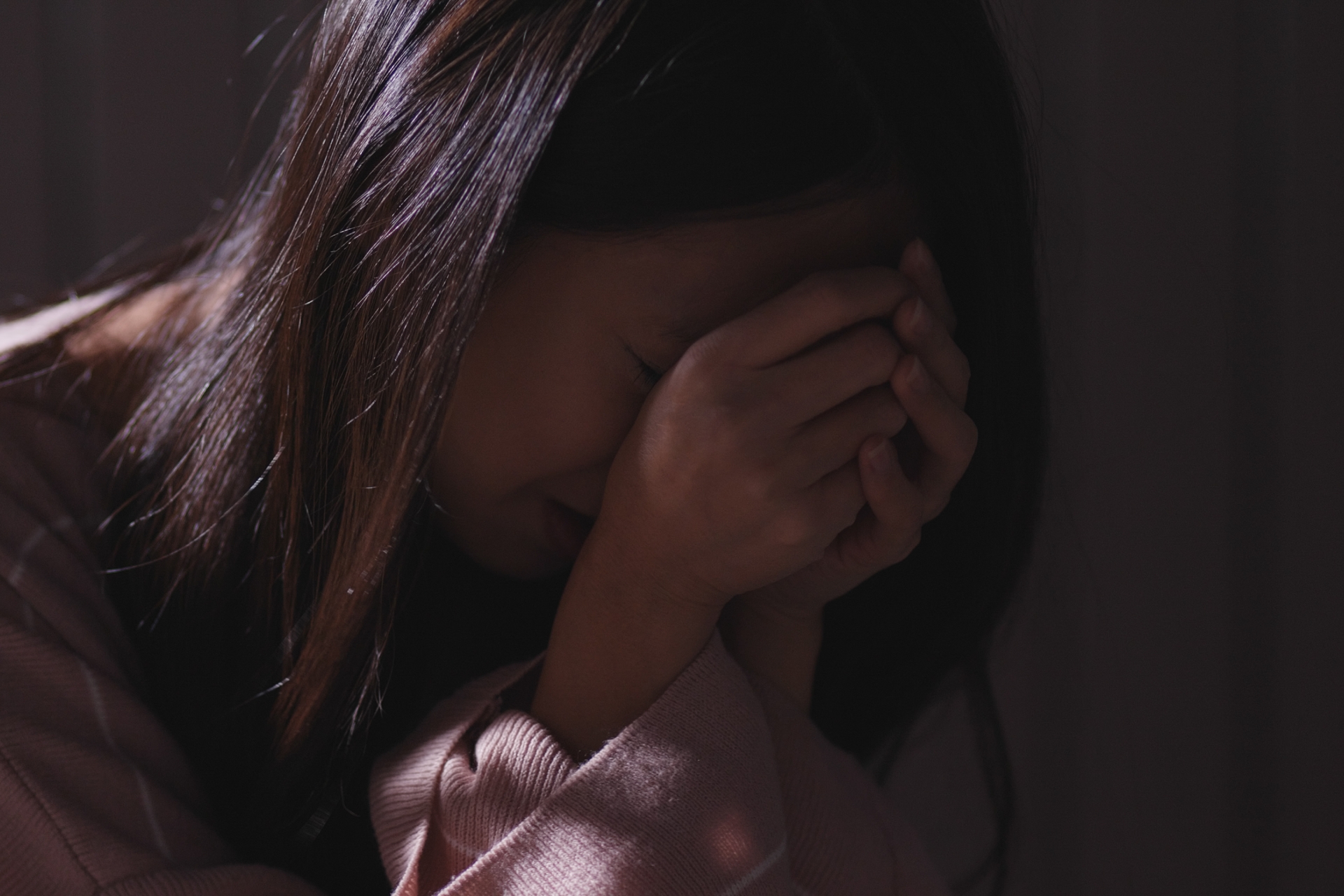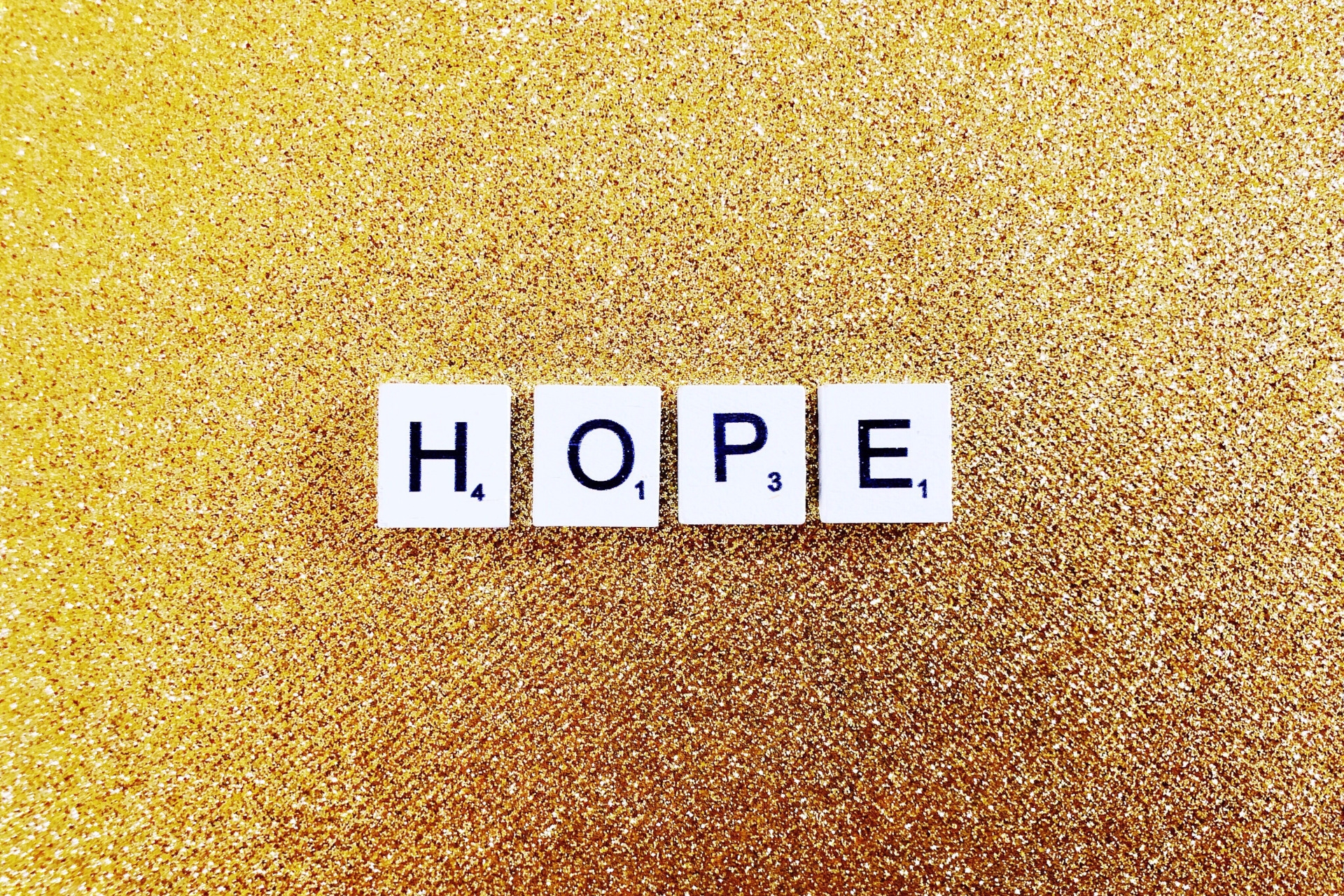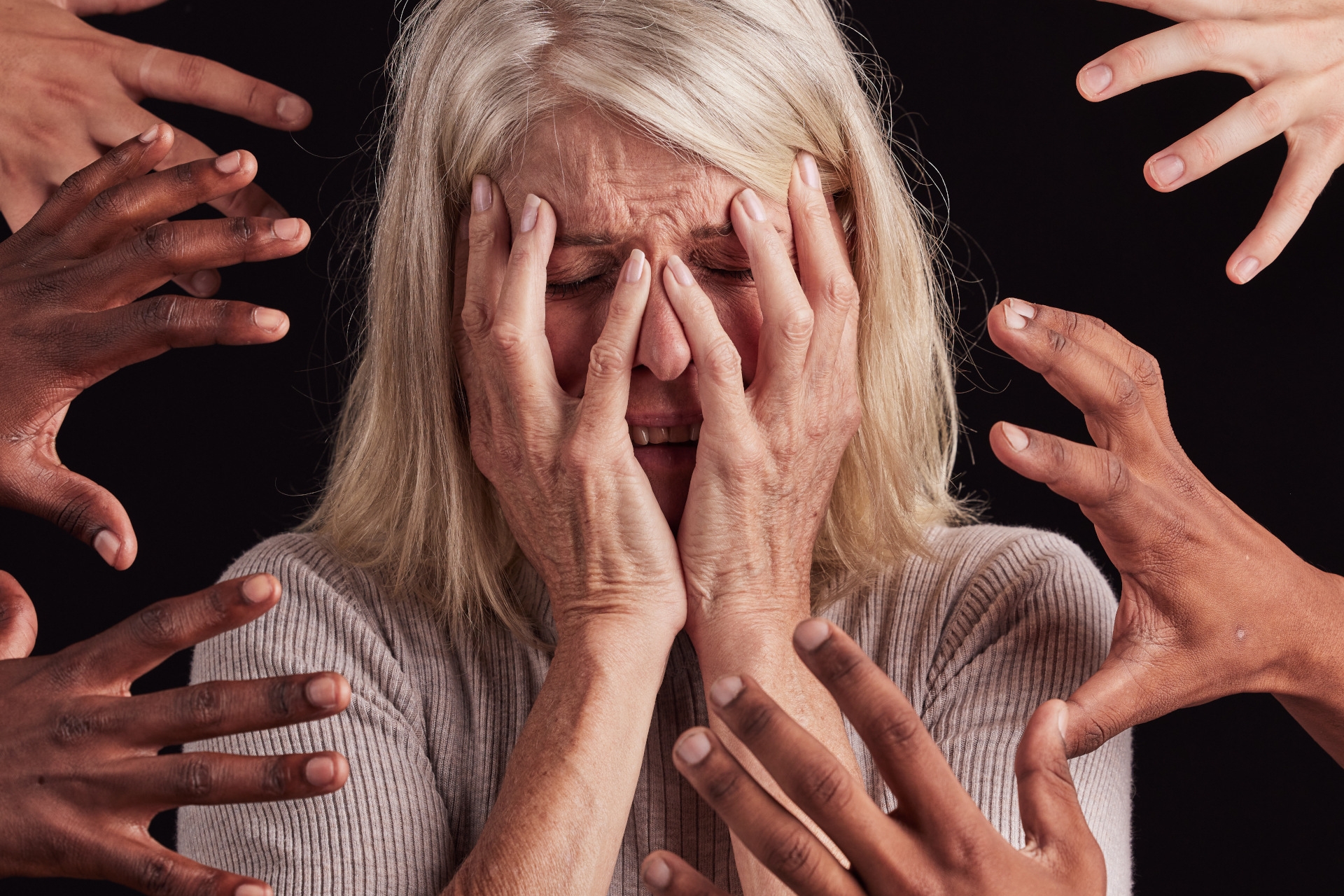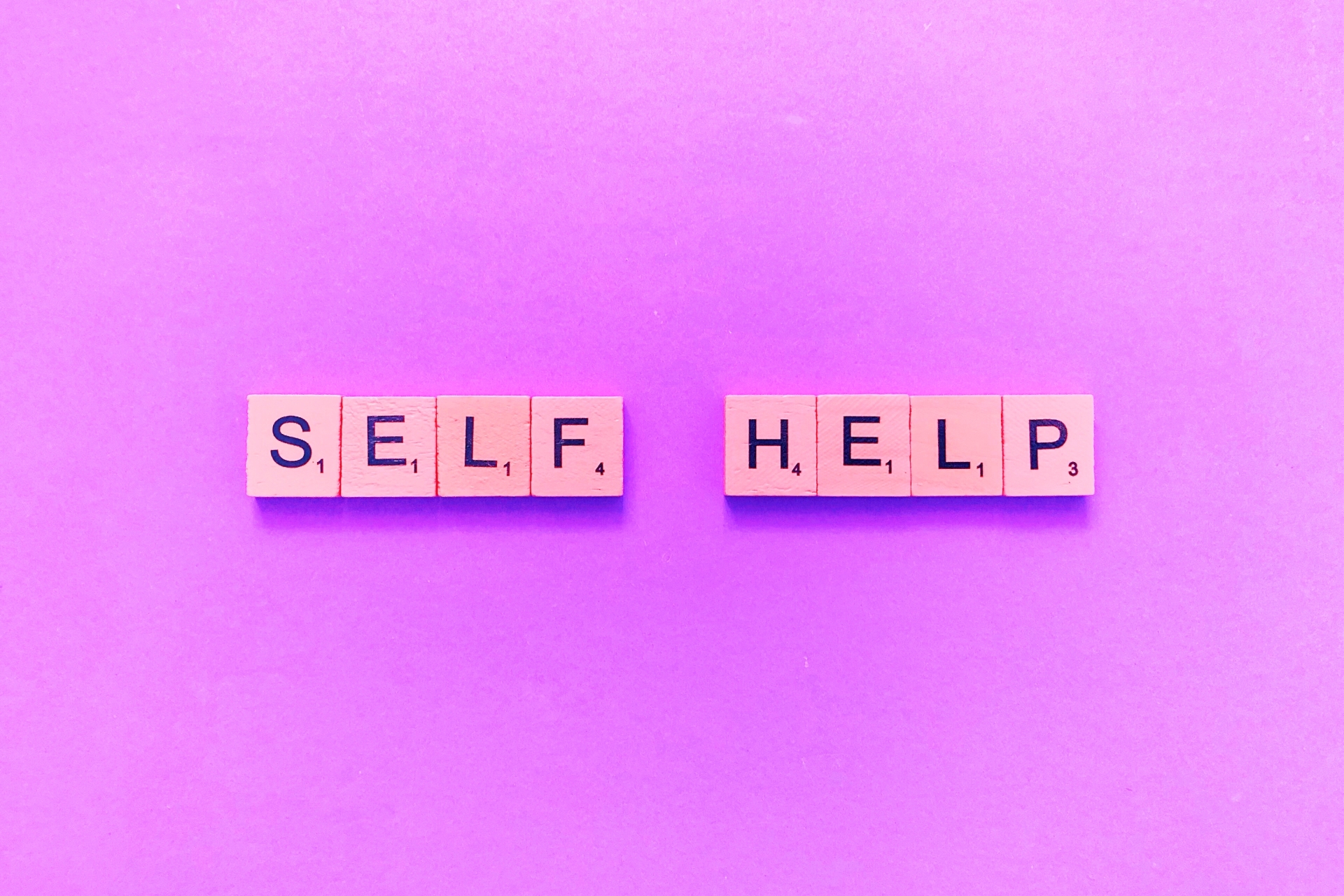
Vilomah is another word for parents who have lost a child. It tries to explain why this process is the hardest one that can happen to someone in life due to the fact that it doesn't follow a natural cycle of life and death.
7 Steps of a grieving process
*It's important to remember that these steps don't go strictly in the mentioned direction, especially steps from 3 to 6. It may also happen that you come back to the previous step in your grieving process - be gentle with yourself and have patience. We know it's not easy, but that's why we are here - to try to help you make this process as easier as it can be, although we know how hard it is and what a burden it brings.
Download our free e-book including 7 steps of grief explained in detail. It will help you to track and understand the grieving process in an easier manner and at any moment needed.
This e-book may serve you like a guidance too, or use it as an explainer to help others understand what you feel and what you are going through in any phase.
LATEST FROM OUR BLOG
Best tips to get over a depersonalization and derealization
I've promised to bring some practical and useful tips for fighting derealization and depersonalization.
Read More...Depersonalization - dissociative group of mental health issues
In the previous blog post, I have wrote about derealization and promised you I will write another article for depersonalization - so here it is.
Read More...Derealization
Severe anxiety and prolonged depression can lead to various physical and mental health symptoms, including derealization.
Read More...









